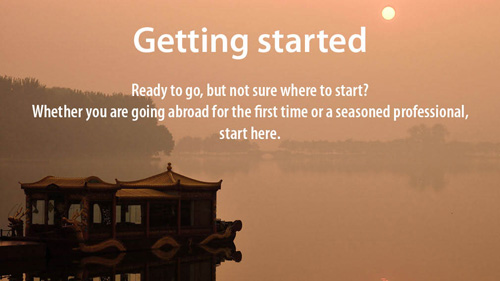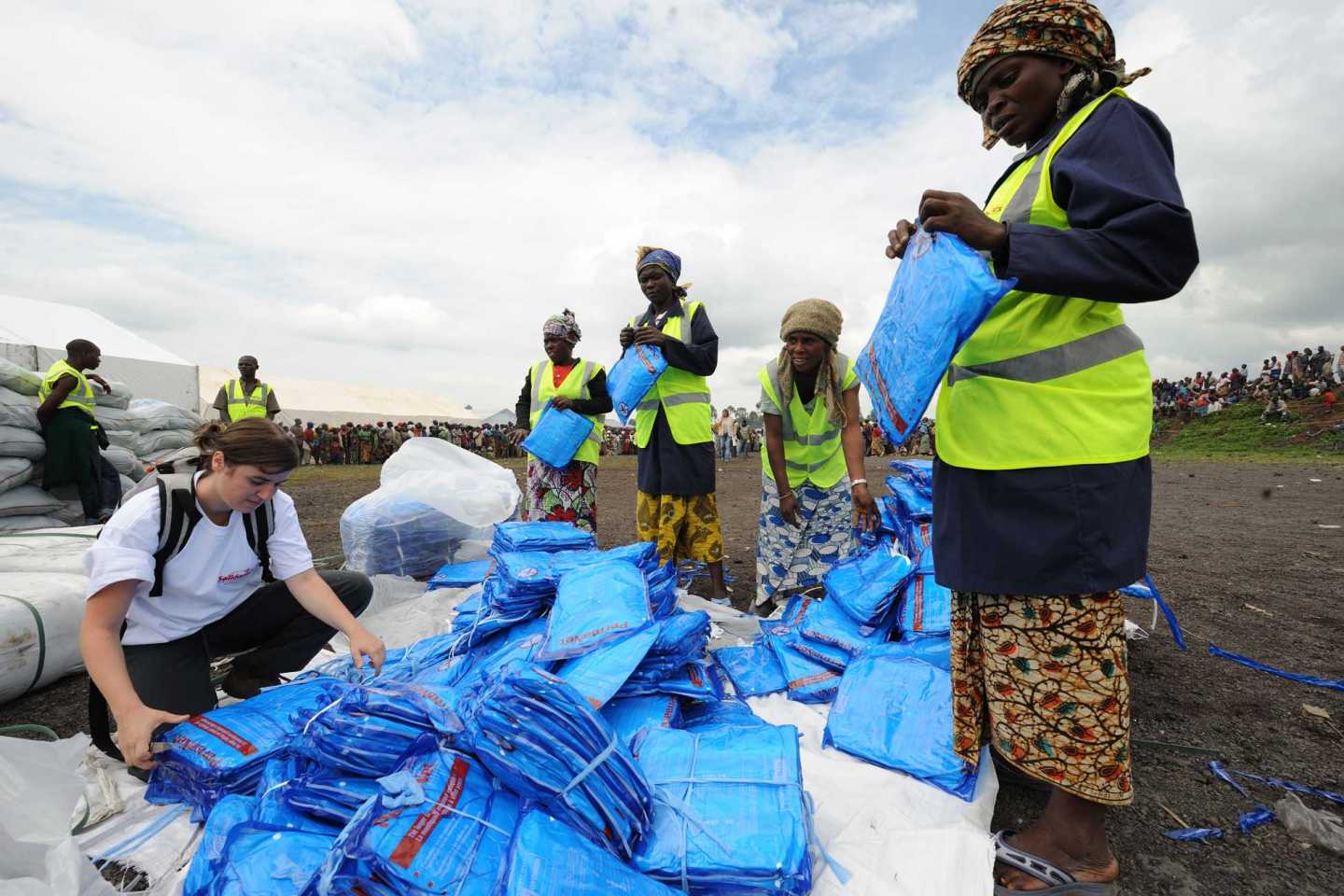Because of the high demand worldwide, finding international work as a qualified health or medical professional is far less difficult than it can be in many other professions. This is particularly so if one is interested in working in a hospital or clinic in another country, either as a long-term position or doing locum tenens placements. Finding work in this capacity largely involves contacting a reputable recruiting company or locum tenens agency to help you line up suitable placements.
Be prepared to complete a variety of applications and documentation and, as with any contract, review your work agreement carefully. One physician, writing on the American Academy of Family Physicians website, discovered (too late) that his agreement with a small clinic in a remote Alaskan village required him to stay within ten minutes of the clinic at all times!
Working in disaster relief, international aid or doing field work on a global health project is a different matter altogether and competition for positions or assignments can be stiff. Not only do these postings require an applicant to have the necessary education and professional qualifications; most also require experience living and/or working in remote or low-resource settings.
Owen Campbell of MSF says, “We have a baseline requirement that all applicants need to have two to three months experience in a developing country. Having done a volunteer placement or internship abroad beforehand means that you’ve had that first culture shock and sense of understanding different contexts, realities etc., before coming to MSF.”
Because of the many challenges healthcare workers face when working in these settings, prior experience is a must.
“What’s more,” says Richard Zereik, who spent a decade in Operations with MSF, “[relief] agencies are now recognizing the importance of soft skills when working overseas, either in the short- or long-term: how do you deal with stress? Are you a team player and how do you tolerate others? How do you deal with ambiguity?”
Building and honing your skill set
Gaining the requisite education to become a medical, allied health, or public health professional is just the beginning of your path toward an international career. There are many other skills and competencies you will have to develop in order to be truly effective in the field. Developing international competencies is a life-long process, but you can definitely begin the process while you’re working toward your degree.
Having read to this point, you will know that getting some international experience under your belt, particularly in remote and/or low-resource communities, is key to being an effective global health practitioner and will give you a career advantage in the field of global health. There are many ways to do this, from volunteering abroad, to undertaking internships, to taking advantage of exchange and field studies programs or overseas electives during your medical training.
For example, Dr. Rohit Ramchandani, a global health professional says, “I took my first opportunity to work in global health and development after my second year [of university] and spent three months [with Youth Challenge International] working and living in three communities deep within the rainforests of Guyana. I never looked back.”
Or Dr. Sunita Swaminathan, an Emergency Physician, who says that during her undergraduate degree, she became determined to work with MSF after watching MSF-Canada co-founder, Dr. James Orbinski accept a Nobel Prize on behalf of the organization. Knowing that previous international experience is looked upon highly by MSF recruiters, she signed up for a volunteer placement in Guyana during her undergraduate degree, another volunteer placement at a hospital in Nepal while waiting to begin her master's program, took a medical elective in South Africa while attending medical school, and did residency placements in West Bengal and Inuvik, in the Canadian arctic. Her efforts paid dividends. She has since been part of two MSF missions; one as head of an adult inpatient ward in Afghanistan and, more recently, as an inpatient doctor in a UN internally displaced person (IDP) protection compound in South Sudan.
Not everyone has the resources to travel the globe while studying and not everyone is able to bring decades of international experience to the table when applying for jobs in global health. But Dr. Raywat Deonandan, an epidemiologist, global health researcher and Assistant Professor in the Faculty of Health Sciences at the University of Ottawa offers this advice: “Taking the time to learn about the world, through newspapers, books and cultural engagement, really does shine through in a candidate’s demeanour and speech.” He adds, “For those wanting to get their foot in the door, I recommend the following:
- Work on improving the basic skills sets of your profession.
- Work on improving your communication and analysis skills.
- If possible, write and publish on topics relevant to international health.
- Attend relevant conferences and events to meet people engaging in similar work.”
Whatever field of study you choose be sure to:
- integrate relevant electives with an international component;
- acquire a second language;
- learn about different areas of the world, both formally (through classes etc) and informally (through student groups, volunteering with international students, etc);
- find opportunities to learn outside your class environment: study abroad for a year, an internship or a co-op term.
- create and take advantages of opportunities to improve your global competencies.
Making serious efforts to cultivate relevant skills and experience is necessary to be successful in the field of global health. It takes initiative and hard work, but will set you apart from other candidates. Please see the sections on global competencies and gaining experience at home, for further suggestions.



